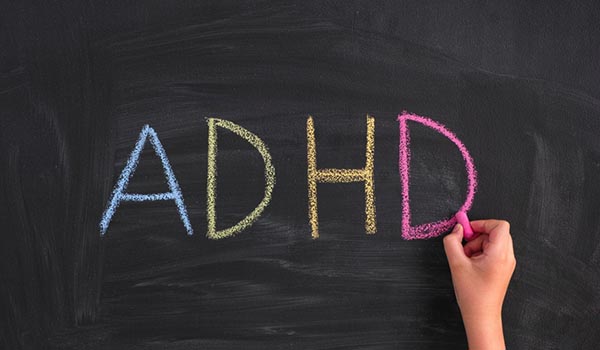
- ADHD stands for Attention Deficit Hyperactivity Disorder.
- According to the Diagnostic and Statistical Manual of Mental Disorders (DSM V), there are three types of ADHD: predominantly inattentive type (formerly known as ADD); predominantly hyperactive-inattentive type; combined type
- In order for a person to be diagnosed with ADHD, very specific criterion must be met. The criteria is listed here.
- The prevalence of ADHD has increased in recent years: A 2016 study show 6.1 million children in the US have been diagnosed with ADHD.
- ADHD is not a boy only disorder: 1 in 7 boys are diagnosed and 1 in 11 girls are diagnosed with ADHD.
- Genetics plays an important role in ADHD – 70% to 80% of ADHD is genetic
- Effective treatment of ADHD includes behavioral intervention, medication, and parent education. This is called a multimodal approach.
- Bad parenting is not a cause of ADHD. It is a disorder that involves brain chemistry.
- Artificial food additives, dyes and sugar are often considered a cause of ADHD but research studies do not support these beliefs.
- More than 66% of people diagnosed with ADHD have a coexisting condition, anxiety, mood disorder, or sleep disorder.
- Youth with ADHD are at a greater risk for cigarette use, alcohol abuse and drug use.
- It is important to get a complete assessment by an experienced diagnostician if you suspect your child has ADHD.
- Many students with ADHD have executive function deficits that impede their school success.
- ADHD is not an intellectual disorder: it is a performance deficit.
- Scaffolding (breaking down work into small tasks) is a very effective intervention for ADHD.
- Meditation has been shown to be a useful treatment for ADHD.
- Good nutrition and exercise are key to treating ADHD.
- Working memory is often negatively impacted by ADHD. Methods used to boost working memory include movement, tactile systems, and visualization exercises.
- Color coding is very helpful in dealing with the disorganization associated with ADHD.
- Mind maps are visual tools used to take notes and stay organized. They can serve as an effective alternative to traditional notetaking for students with ADHD.
- Schools are not required to provide and IEP or 504 plan based on a diagnosis of ADHD alone.
- Children with ADHD often suffer from self-esteem issues. Empathy and reflective listening help children deal with their ADHD.
- Students with ADHD often need external triggers and repetitiveness to establish routines.
- Reward systems are particularly effective for students with ADHD.
- ADHD coaching provides a student with the opportunity to develop the skills needed for school success.
Learn more about how ADHD and executive function challenges may affect you or your child



